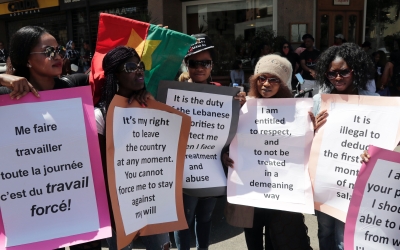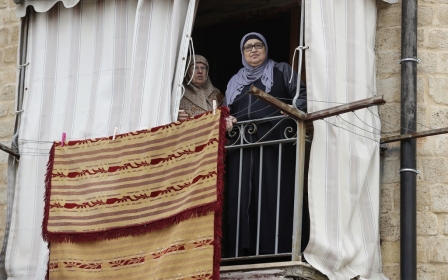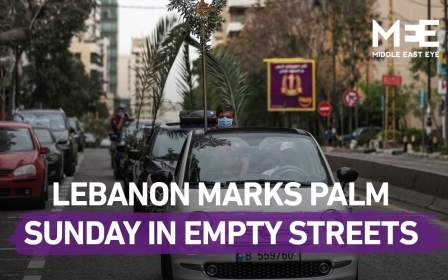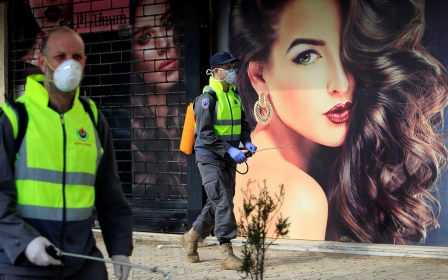Amnesty calls on Lebanon to protect migrant workers during pandemic
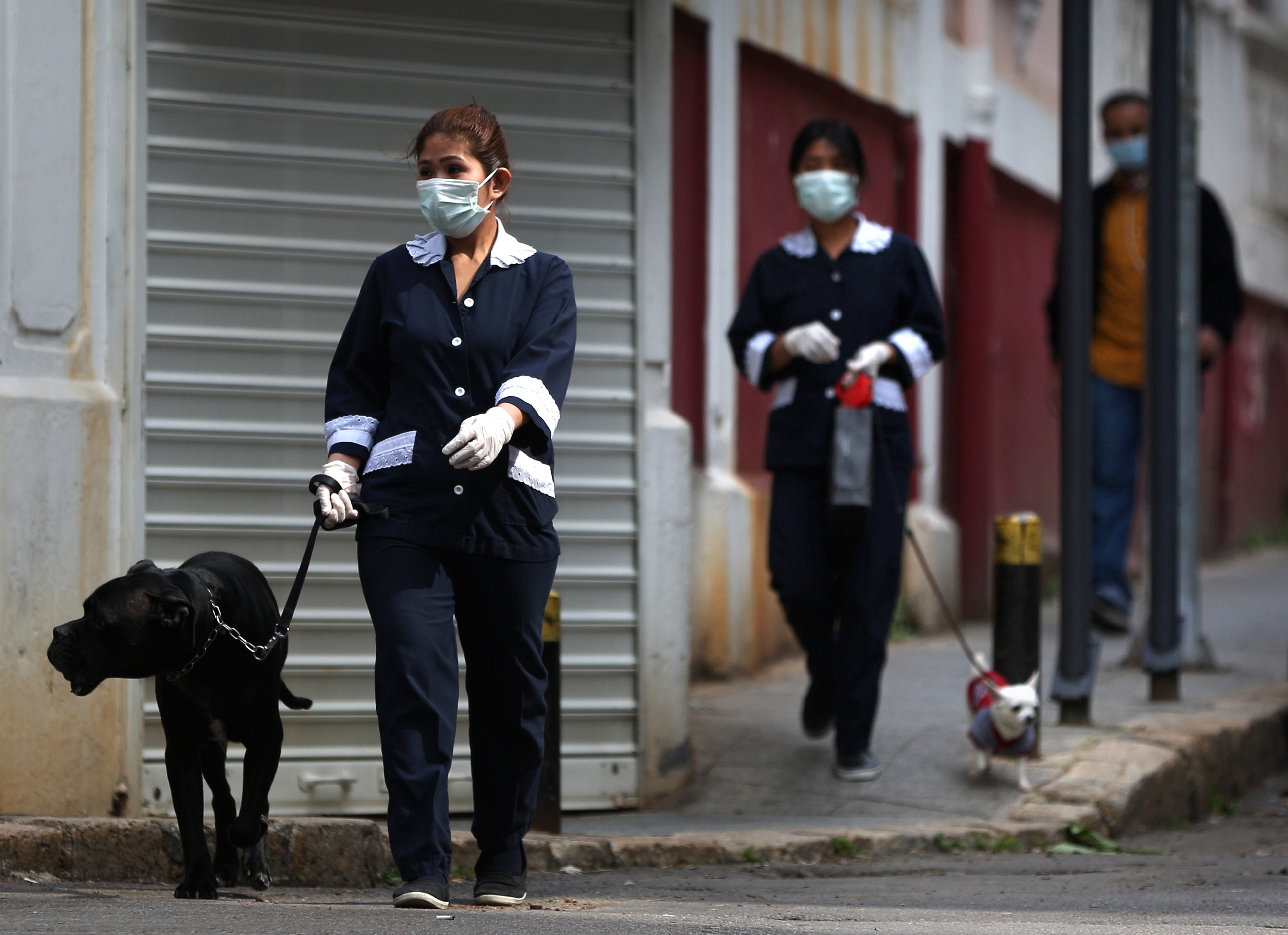
Amnesty International has urged Lebanon to protect migrant domestic workers during the coronavirus pandemic, warning they were at increased "risk of exploitation and other forms of abuse".
The UK-based rights group called on the country's Ministry of Labour on Tuesday to start handing out penalties to employers who exploit workers, establish a hotline for reporting abuse and roll out healthcare and testing for all workers even if they are undocumented.
Lebanon has nearly 250,000 migrant domestic workers, the vast majority of them women. They are given the right to work in the country via the kafala system, a common form of sponsorship used across the Middle East that ties the legal residency of migrant workers to their employers.
The system has come under scrutiny in recent years for leaving workers vulnerable to exploitation and abuse.
It was estimated in 2017 that at least two migrant domestic workers died every week due to suicide or failed escape attempts.
"The kafala system has always been a form of imprisonment in the home for migrant domestic workers," said Heba Morayef, Amnesty International's Middle East and North Africa regional director.
"While staying at home will help prevent the spread of Covid-19, it increases the risk of exploitation and other forms of abuse suffered by live-in migrant domestic workers at the hands of their employers."
The vast majority of workers who travel to Lebanon for employment use the kafala system and are often unaware of their rights.
The workers are mainly from African and Asian countries, primarily Bangladesh, Ethiopia, Kenya, the Philippines and Sri Lanka.
System of abuse
While workers under Lebanon's labour law are guaranteed certain rights, under the kafala system, if an employer ends a contract with a domestic worker - even in cases of abuse - the worker loses their migration status.
The kafala system directly contradicts labour law, with rights groups repeatedly pointing out that it puts far too much power in the hands of the employer or sponsor, known as the kafeel.
The system is not legally binding but is a traditional mechanism that seems to have taken precedence over labour law and has led to the abuse of workers' rights.
"Exploitative working conditions, the threat of violence, and living under lockdown can also have a devasting impact on the mental health of domestic workers, many of whom are far removed from their own homes and families," Morayef said.
Amnesty also highlighted the plight of undocumented workers languishing in detention centres in its report, and pressed authorities to do more to help them amid the pandemic.
"During a global public health crisis such as Covid-19, any detention solely for migration-related reasons cannot generally be justifiable. At a time like this, the authorities should be trying to reduce their detention population rather than adding to it," said Morayef.
"When immigration detainees' right to health cannot be upheld or when deportations cannot be carried out promptly, detainees should be released," she added.
Middle East Eye delivers independent and unrivalled coverage and analysis of the Middle East, North Africa and beyond. To learn more about republishing this content and the associated fees, please fill out this form. More about MEE can be found here.


